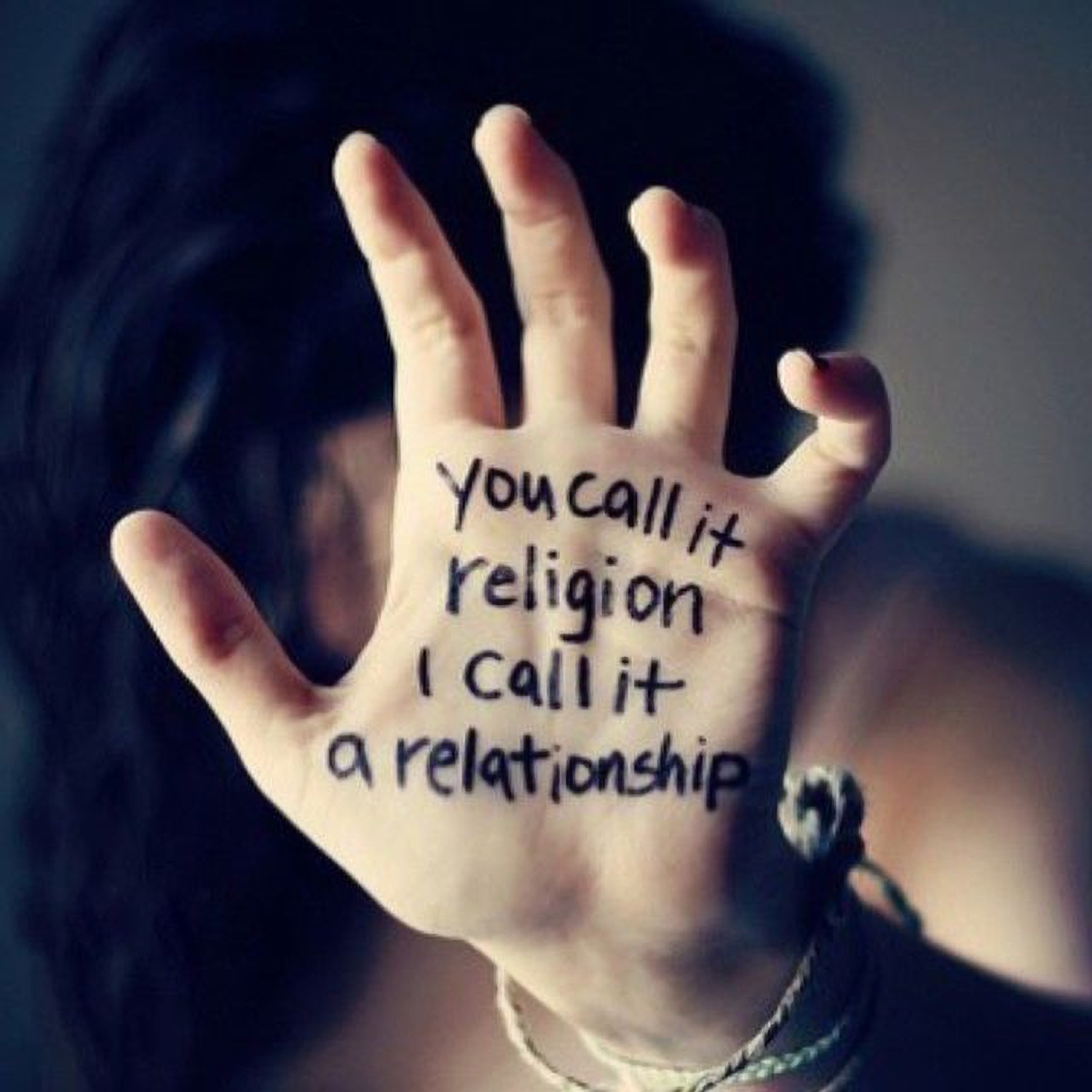Today’s scripture is like modern movie story-telling in which two scenes unfold simultaneously in different spots: the interrogation of Jesus and that of Peter. This passages, near the beginning of the trial of Jesus, hints at the great violence to come. It also wrestles with the relationships between the Rabbi Teacher and the student-disciple. Asking the question to John – and us – how are you with Jesus? It insists upon the relational and life link between teacher and disciple, identity and discipleship, life and death; and so confronts us with questions of our own faith, agency, and identity.
We aren’t familiar with the scriptures in the same way as the early followers of Jesus. We speak different native languages. So we easily miss the relational connections between the way in which John dramatically recreates this story and the other portions of John to which it points and builds. The words for gate and courtyard to describe this arrest scene are the same as those used in John 10:1-14 when Jesus says:
1“Very truly, I tell you, anyone who does not enter the sheepfold by the gate but climbs in by another way is a thief and a bandit. 2 The one who enters by the gate is the shepherd of the sheep. 3 The gatekeeper opens the gate for him, and the sheep hear his voice. He calls his own sheep by name and leads them out. 4 When he has brought out all his own, he goes ahead of them, and the sheep follow him because they know his voice. … 11 “I am the good shepherd. The good shepherd lays down his life for the sheep. … 14 I am the good shepherd. I know my own and my own know me…”
Questioned about his identity Jesus responds “I am,” while simultaneously Peter, questioned about his being a disciple of Jesus repeatedly responds “I am not.” We focus on his denial of Jesus, but it’s, even more, a denial of their relationship. Later Peter is confronted by the resurrected Jesus in John 21:15-19 who directly asks him three times, “Do you love me?” Jesus responds by saying “then feed my sheep.” He concludes his loving rehabilitation of Peter with the command “Follow me!” It’s less about guilt and condemnation than about a teaching, a reminder that life is about relationship, community, love which naturally flows into action, mutual interdependence, trust, and embodied love.
Questions for the practice of Examen & Contemplation
- What shimmers for you in this story?
- How does Jesus’ response to interrogation differ than that of Peter? Why did John alone choose to put them side by side in his telling of the story?
- How does your relationship with Jesus shape your identity?
- Just before his arrest, Jesus teaches that
“24 unless a grain of wheat falls into the earth and dies, it remains just a single grain; but if it dies, it bears much fruit. 25 Those who love their life lose it, and those who hate their life in this world will keep it for eternal life. 26 Whoever serves me must follow me, and where I am, there will my servant be also.” John 12:23-26
How does that connect with his passage just a few chapters later?; how does it connect with your life and faith journey?
Download a PDF text study sheet that we use in our weekly study group @CAPCOakland HERE.
